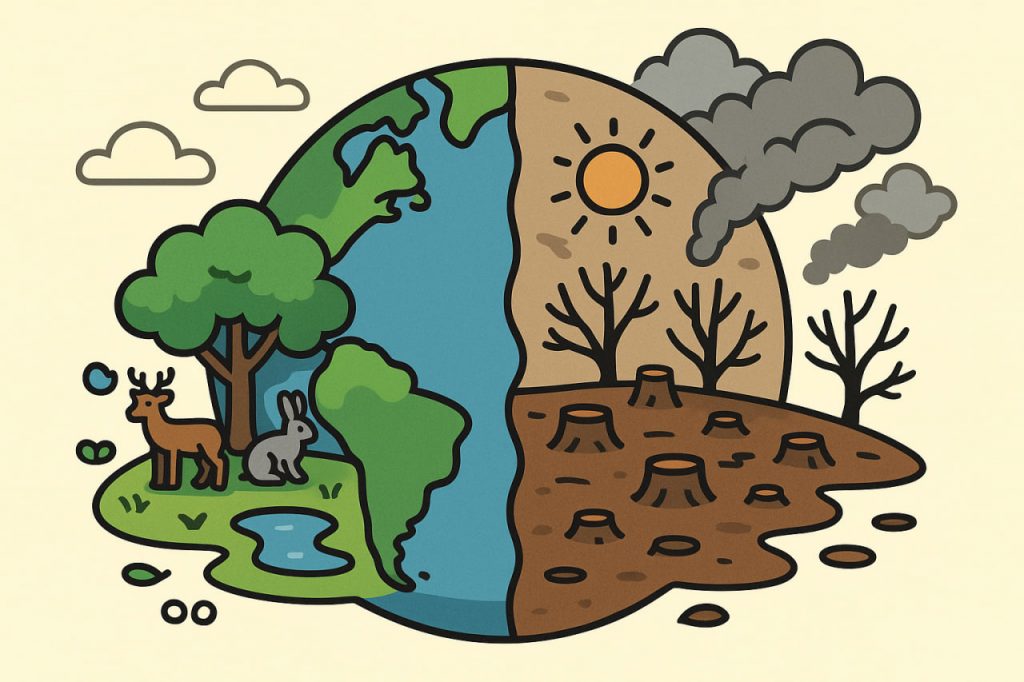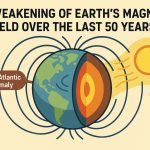Forests play a critical role in maintaining Earth’s ecosystems. They absorb carbon dioxide and release oxygen, making them the “lungs of the planet.” Without forests, the balance of gases in the atmosphere would be severely disrupted, threatening all life forms.
Loss of Oxygen Production
Trees provide about 28% of the oxygen we breathe. If forests disappeared, oxygen levels would gradually decline. While oceans also produce oxygen through plankton, the loss of forests would still create a significant imbalance, affecting both humans and animals.
Climate Catastrophe
Forests act as massive carbon sinks. Without them, billions of tons of carbon dioxide would remain in the atmosphere, accelerating global warming. This would lead to more extreme weather events, rising sea levels, and long-term climate instability.
Biodiversity Collapse
Forests are home to more than 80% of terrestrial species of animals, plants, and fungi. The destruction of forests would cause mass extinctions, breaking food chains and destabilizing ecosystems worldwide.
Impact on Water Cycles
Forests regulate the water cycle by absorbing rainfall, releasing water vapor, and preventing soil erosion. Without them, rainfall patterns would change, deserts would expand, and fertile soils would quickly degrade, leading to global agricultural crises.
Human Consequences
The loss of forests would directly affect humans. Freshwater supplies would shrink, food production would collapse, and millions of people who depend on forests for their livelihood would lose their homes and resources. Health crises from air pollution and climate disasters would increase.
Conclusion
If all forests were cut down, Earth would face ecological collapse. Oxygen levels would drop, climate change would accelerate, biodiversity would crash, and human survival would be under threat. Protecting forests is not optional — it is vital for the future of all life.
Interesting Facts
The loss of trees would disrupt the water cycle, leading to reduced rainfall, severe droughts, and widespread soil erosion. Interestingly, forests produce about 20% of the world’s oxygen through photosynthesis, meaning their destruction would significantly reduce air quality. Over 80% of terrestrial species — including countless insects, birds, and mammals — would lose their habitats, triggering mass extinctions. Humans would also face the collapse of vital resources like timber, freshwater, and medicinal plants, alongside increased flooding and desertification. In short, Earth without forests would be hotter, drier, and far less capable of supporting complex life as we know it.
Glossary
- Forests – ecosystems dominated by trees and vegetation.
- Carbon sink – natural system that absorbs more carbon than it releases.
- Biodiversity – variety of life forms in ecosystems.
- Water cycle – natural circulation of water between land, atmosphere, and oceans.
- Soil erosion – wearing away of fertile topsoil by wind and water.
- Ecosystem collapse – breakdown of natural systems that support life.


